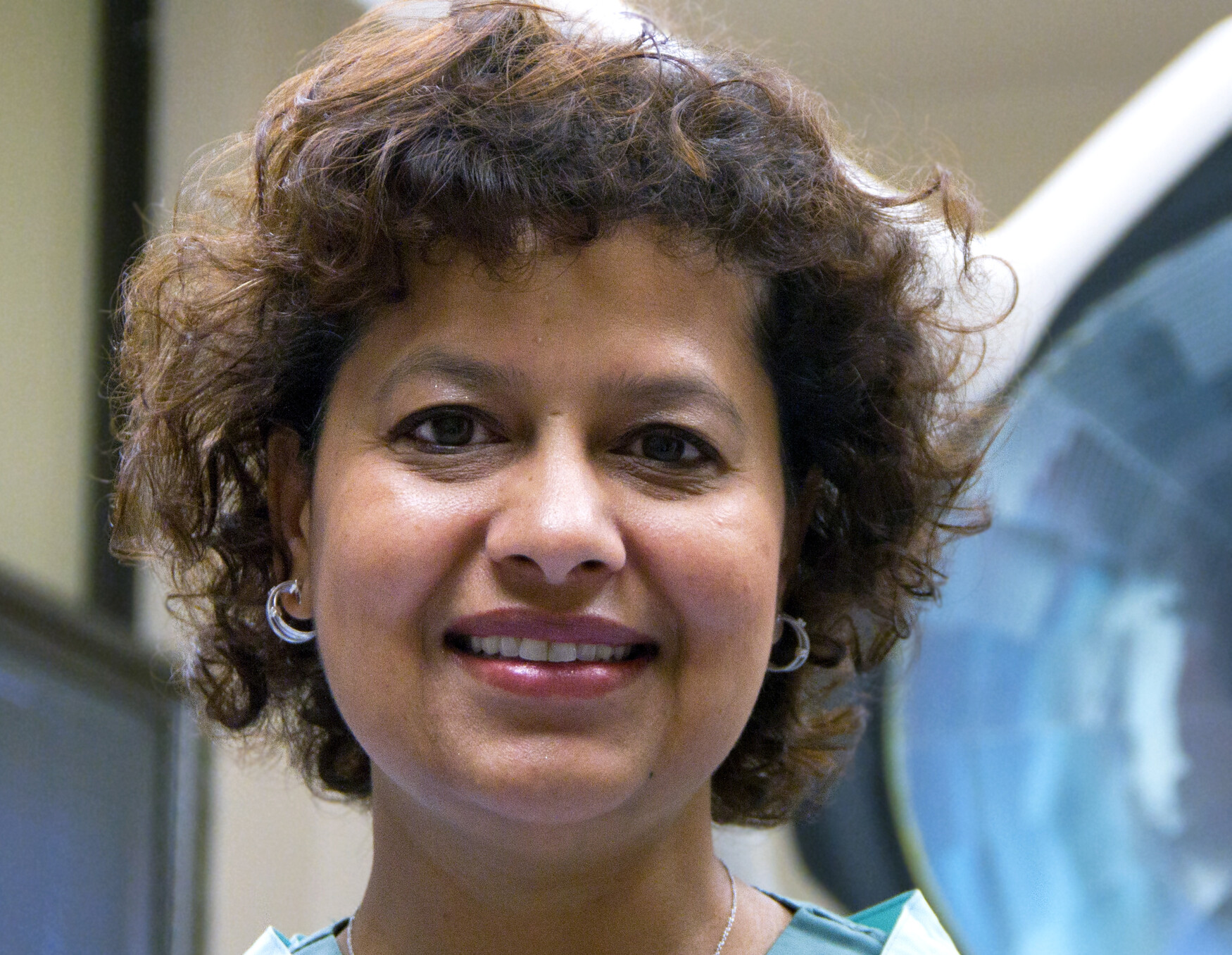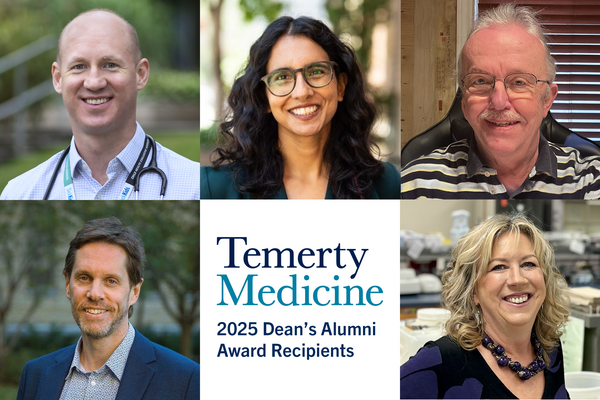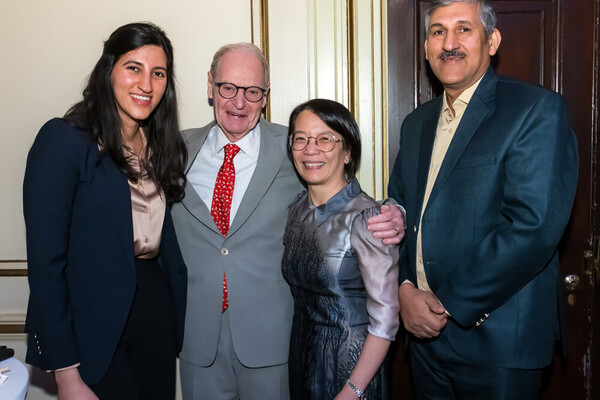Main Second Level Navigation
Breadcrumbs
- Home
- News & Events
- Recent News
- UofTMed Alum: How a Rise in Gun Violence Made Me an Advocate
UofTMed Alum: How a Rise in Gun Violence Made Me an Advocate

I was second on call the evening of the Danforth shooting on July 22, 2018.
As a surgeon with a subspecialty in trauma surgery, emergency general surgery and critical care based at St. Michael's Hospital, I spent that night operating on shooting victims; repairing holes in organs, arresting hemorrhage and resuscitating patients out of profound shock and back to life.
It was surreal. We hear of mass shootings in the United States, but so often consider ourselves protected in Canada. That night made us realize we aren’t immune — and it became the spark for collective action that I and colleagues are now taking to urge tighter gun control.
For me, responding to the Danforth shooting added to a big blurry memory of trauma and tragedy that has only been growing throughout my career.
And as I treat the injured, often for months or years after they have been shot, I see a side of gun violence that doesn’t always come through in the headlines: I see how gun violence leads to life-long chronic disease for the innumerable victims who survive.
In addition to long-term mental and emotional trauma, I see our youth and young adults spend month after month in the hospital, recovering from injuries and undergoing surgery after surgery to repair and reconstruct their bodies.
Gun violence is a “disease” of young people — which makes the resulting health conditions particularly tragic. I have witnessed catastrophic brain and spinal cord injuries — from which the recovery is never complete. I see patients lose function in their gastrointestinal tracts. I see them slowly relearning to eat and walk — knowing they’ll never fully rebuild their bone and muscle mass back. I see them struggle to regain their focus and concentration. I see them grappling with crippling anxiety and depression, haunted by thoughts of what they have lost, and what they’ve lived through.
I see the effects of gun violence lead to lifetimes of suffering and disease. This is in addition to the life-altering damage it does to other individuals involved: families and communities, as well as the person who pulled the trigger. Then, of course, there are the lives cut short and those left to grieve.
Gun violence is also becoming a chronic condition at a societal level. There are almost daily reports of shooting in the city, with 2018 marking the highest number of shootings in Toronto in almost 15 years.
At Toronto’s adult trauma centres, located at St. Michael’s Hospital and Sunnybrook Health Sciences Centre, we’ve seen admissions related to gun violence increase by close to 15 per cent every year for the last five years. And this doesn’t take into account those who die before making it to a hospital, those who are injured but don’t come in for care, or those who are treated at other emergency departments.
The tragedy is — so much of this is preventable, with an emphasis on safety in society and more restrictive laws and practices related to citizen ownership and use of guns. For instance, the American Academy of Pediatrics notes that the most effective way to prevent teen suicide is to ensure that there are no guns in the home, as the combination of impulsivity, drugs and guns can prove lethal.
In Canada, we often take comfort in comparing ourselves to the United States. But a 2018 study in JAMA: The Journal of the American Medical Association showed that compared to other countries including Japan, the United Kingdom, Australia and the Netherlands, Canada’s gun fatality rate is eight times that of our peer nations. And we’re one of only two developed countries that hasn’t tightened our gun control measures in the last decade.
I’m determined to change that. Getting involved in advocacy around gun violence is, for me, simply an effort to improve outcomes through prevention.
Gun violence is not random. Instead, just like any disease, it has its own epidemiology and risk factors. And its version of a preventative vaccine would include stricter laws governing civilian ownership of handguns, social programs to support at risk youth and investment in more effective policing to prevent the illegal trafficking of guns.
In an effort to roll out these changes, I’ve joined with fellow physicians and health care professionals to create a national advocacy group called Canadian Doctors for Protection from Guns.
We are calling on the Canadian government to pass Bill C-71, and are planning a day of action in April, with marches in a number of towns and cities across the country. We’re also promoting a Coalition for Gun Control petition calling on the House of Commons to ban the civilian ownership of handguns and military assault weapons (open for signature until March 2).
I see this as a pivotal moment. There’s still time to curb gun violence in Toronto — and Canada — and to keep it from progressing as a devastating chronic disease, exacting an unacceptable price on our citizens.
Dr. Najma Ahmed, PGME 2000 (Critical Care Medicine), is a Professor and Vice-Chair, Education in the University of Toronto’s Department of Surgery and a trauma surgeon at St. Michael’s Hospital. She has written about her gun violence advocacy in The Globe and Mail and will be speaking February 15th at the Department of Surgery's 4th Annual Global Surgery Symposium focused on Surgical Responses to Social Issues.
News


